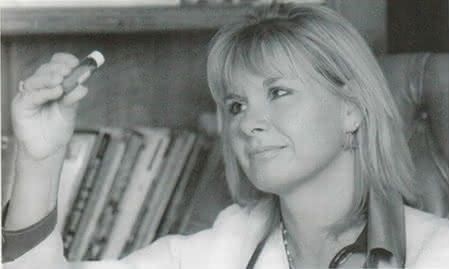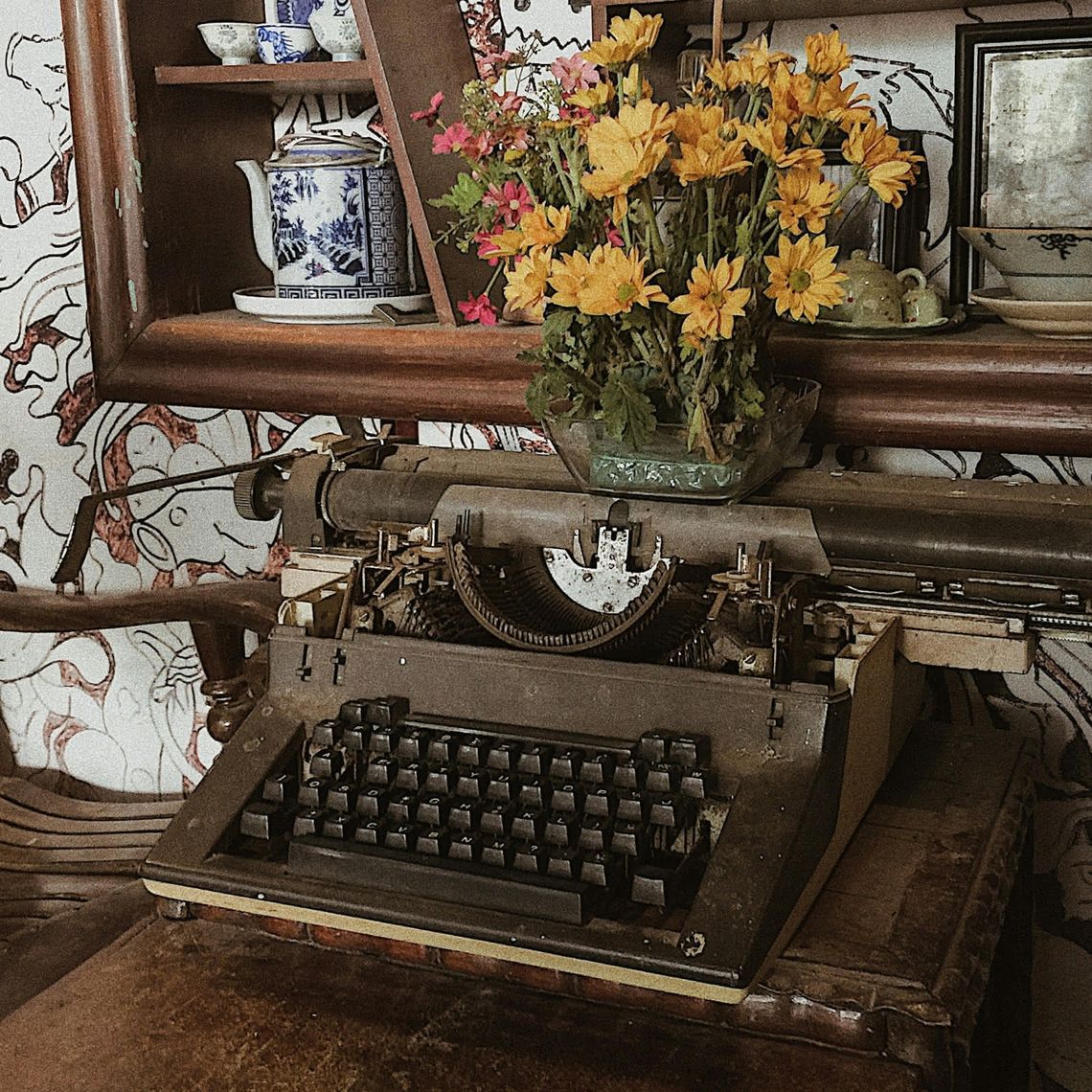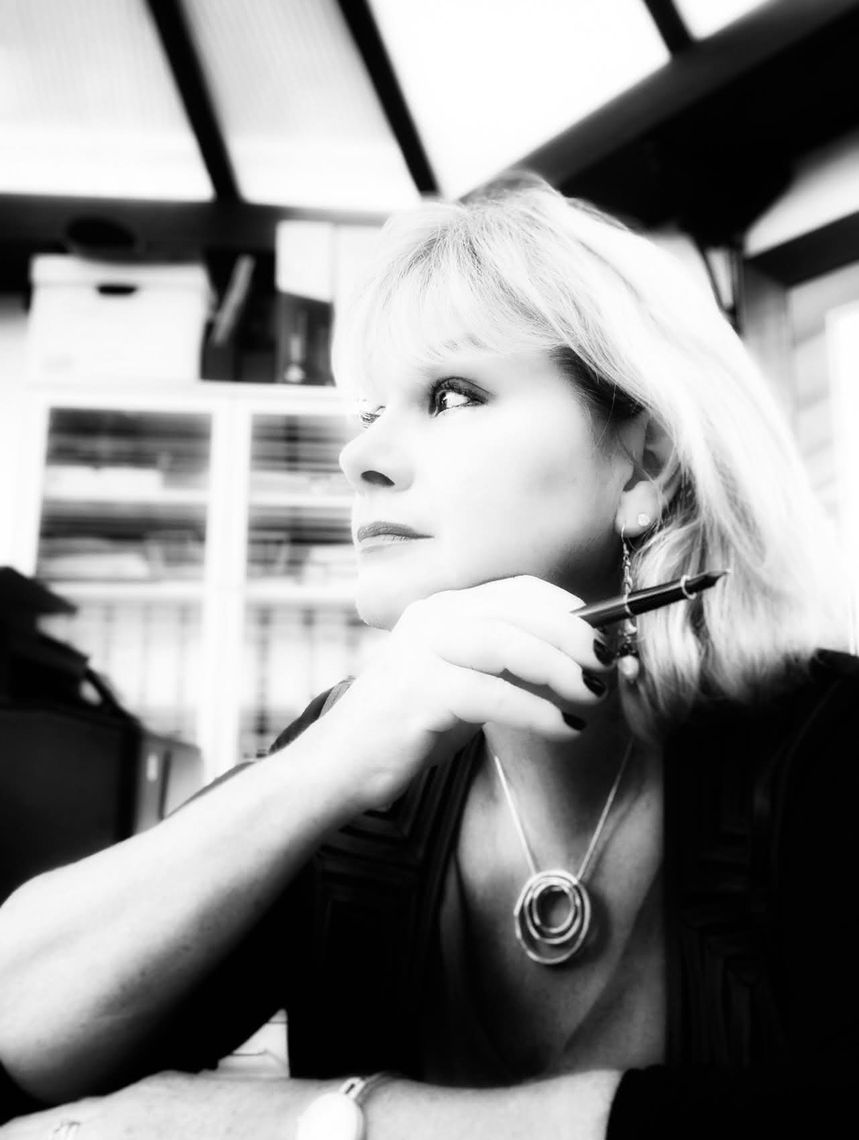
When I moved to Toronto in July 2009, having just completed a four-year BSc at Purton House. I presumed that I would be qualified to practice. At this stage I was unaware of the changes in legislation afoot in Ontario, which actually meant that I would not meet the required criteria of a licensed homeopath.
The recent regulation of homeopathy in Ontario means the profession is an integral part of the health system and to help with the Integration, a "transitional Council of the College of Homeopaths" was formed. The Ontario College of Homeopathic Medicine (OCHM) was recommended to me as a way of ensuring that I would meet the proposed criteria.
OCHM ensures in its syllabus that the requirements of the Ontario Homeopathic Association (OHA) for membership are satisfied, although these could change within the next two years, with ongoing debates regarding final regulation. The OHA is similar in its role to The Society of Homeopaths in the UK - they have specific standards for membership, most notably (although not exclusively) with reference to clinical training (the college demands 1700 hours in three years) and 144 hours of physical examination/differential diagnosis.
Whist still in 'study mode', I decided to be proactive, and having been here two weeks. started an intensive one-year 'special advanced graduate program' at OCHM. Any feelings of "superiority" at having already qualified were quickly diminished, particularly with reference to the physical examination module, of which I had little or no experience. The first lecture (which I remember with trepidation) involved lists of medical equipment and books required: a blood pressure cuff, stethoscope, otoscope, ophthalmoscope and of course, a white lab coat. Being a naturally questioning person, I specifically argued the latter, not seeing the necessity. In retrospect (I lost the argument anyway, it was mandatory), I now see that it does engender a sense of professionalism for the homeopath, and the patients really do like the differentiation, and feel that they are consulting with a medical person as opposed to a counsellor (I secretly asked several). Throughout the physical examination module, we were examined regularly, practically and theoretically. Each body system was covered. In the UK, I only had a very basic training in practical physical examination, so the approach was new to me.
Being a classical Hahnemannian homeopath, I was once more sceptical as to the need for physical examination within the context of the homeopathic consultation. I have since rationalised this. Time has moved on since Hahnemann wrote and practiced. Medical equipment was crude, or non-existent, science has evolved. I am aware that in certain parts of the world (India and some countries In Europe, for example) it is an essential part of the training syllabus. On reflection, maybe the UK would benefit from a more medical approach, given that we appear to be the hardest hit by sceptics and critics? Otherwise, I fear things will stay the same; it is perhaps time to move on and take a radical new direction in our training for the sake of our credibility, as medical professionals. The experience of the last year has taught me that physical examination is helpful, if not essential in some circumstances, in order to arrive at the correct prescription.
To illustrate this further, a patient of mine, aged six years, presented with acute earache. On otoscopic examination, severe inflammation was present and confirmed. All mental and emotional symptoms were elicited. The appropriate remedy was given. Diagnostic tools were helpful in judging the severity of the condition and to ensure further damage had not occurred to the eardrum.
Following the physical examination module, we moved on to differential diagnosis, i.e. it it's not otitis what else could it be? This has greatly broadened my knowledge of pathology, both the allopathic and the homeopathic approach. The vast amount of clinic hours required equates to 75 new cases plus at least two follow ups per patient. plus walk-in hours, and other requirements. These hours are highly structured, computerised and monitored by clinic supervisors and staff. Much more has been covered in the last year, including supervision of a proving, which I now see as a fundamental training experience. Lacking however, was training in self development, (including reflection in/on action in cases) which I found invaluable in the UK. Ironically, I probably will not be in Canada once the new legislation takes effect, as a return to the UK seems likely within the next year or so, with three teenagers having opted for UK universities. However, I in no way regret having chosen to expand my homeopathic training. I feel privileged to have received an excellent education both in the UK and Canada.
All content on this website is created and published online for informational purposes only. It is not intended to be a substitute for professional medical advice, diagnosis, or treatment and should not be relied on as health or personal advice. All content on this website is for general information purposes only; the views are my own, or referenced appropriately. Always seek the advice of your physician or other qualified health provider with any questions you may have regarding a medical condition. Never disregard professional medical advice or delay seeking medical treatment because of something you have read or accessed through this website or any other source, every person and condition is unique.

